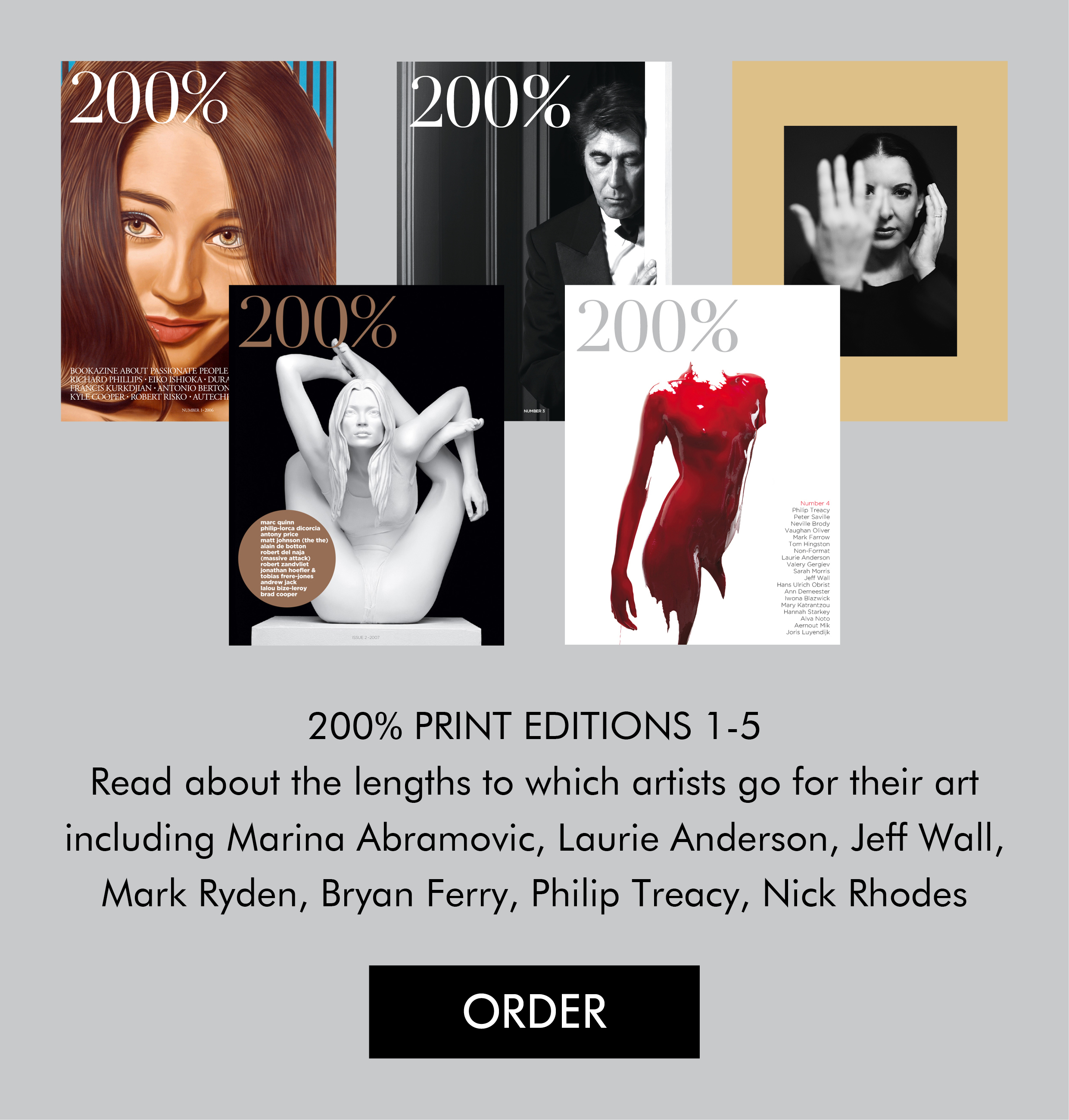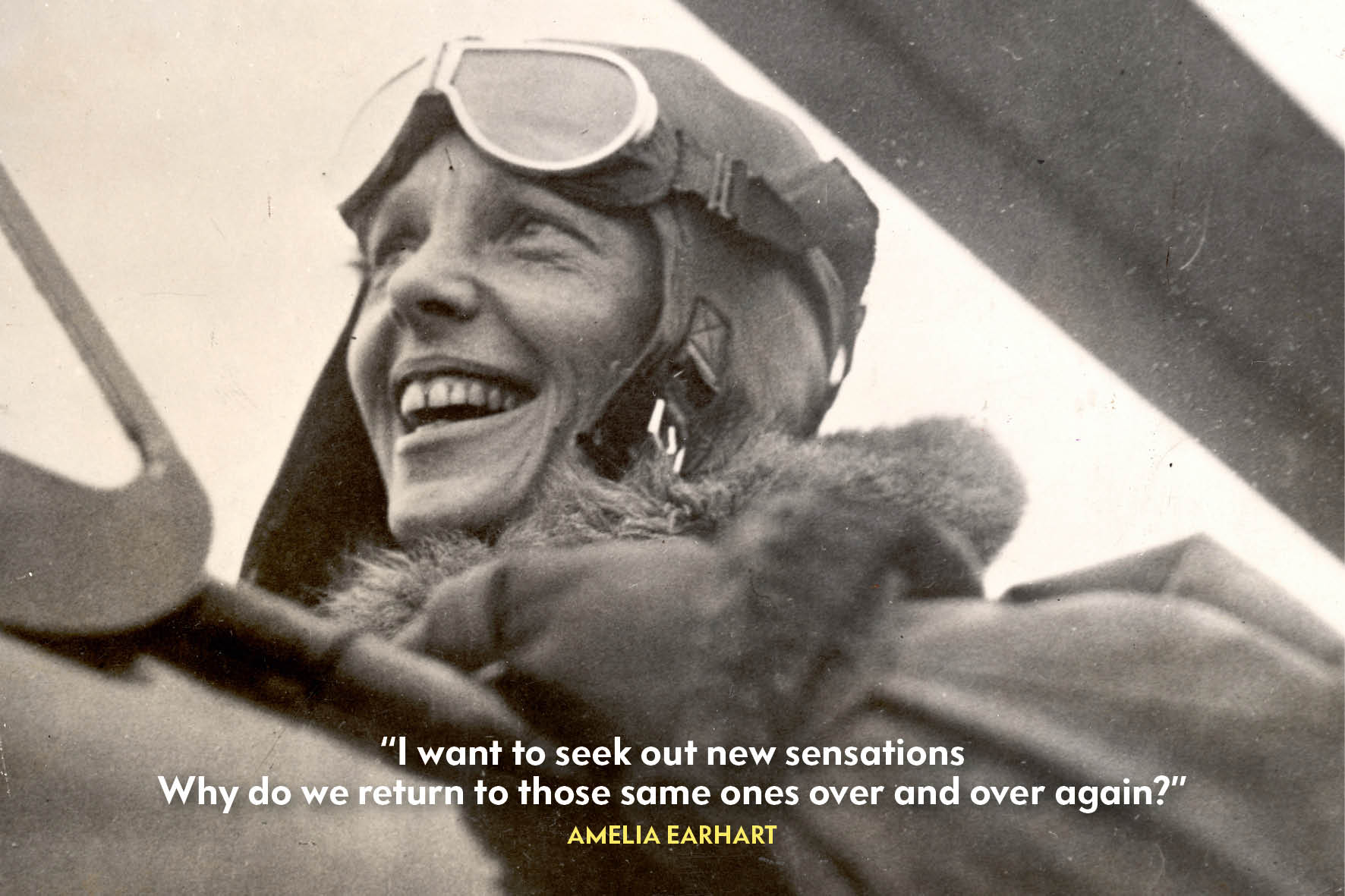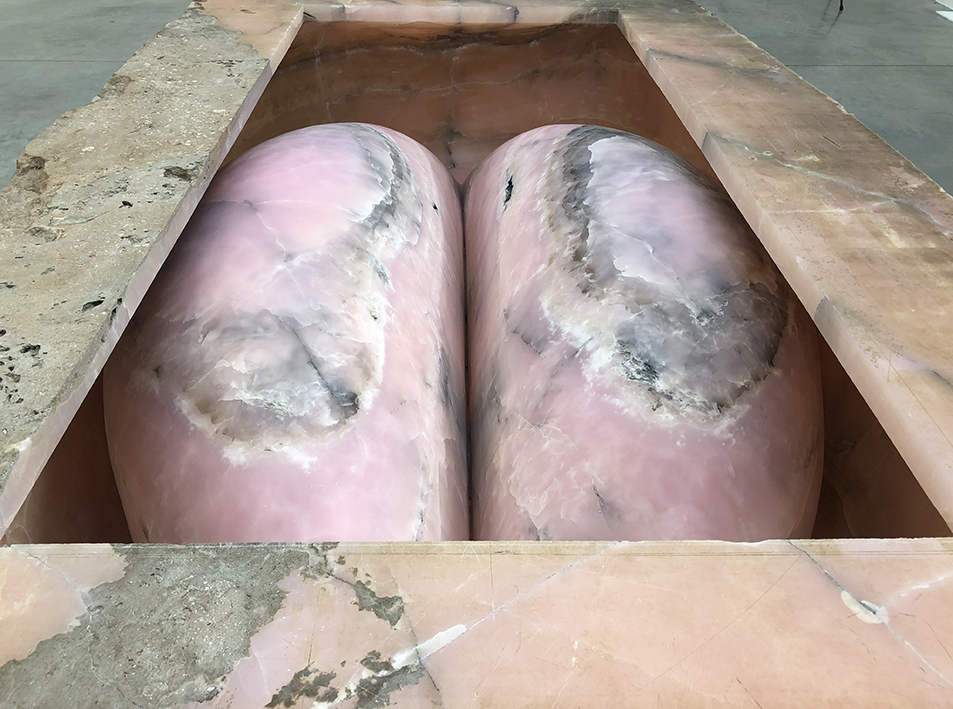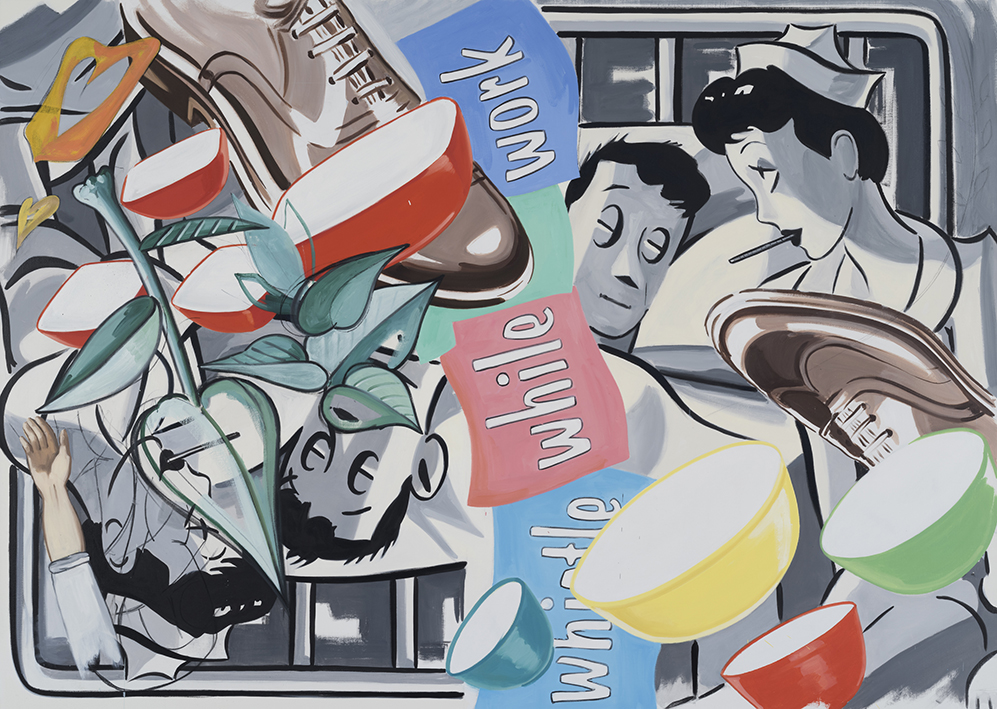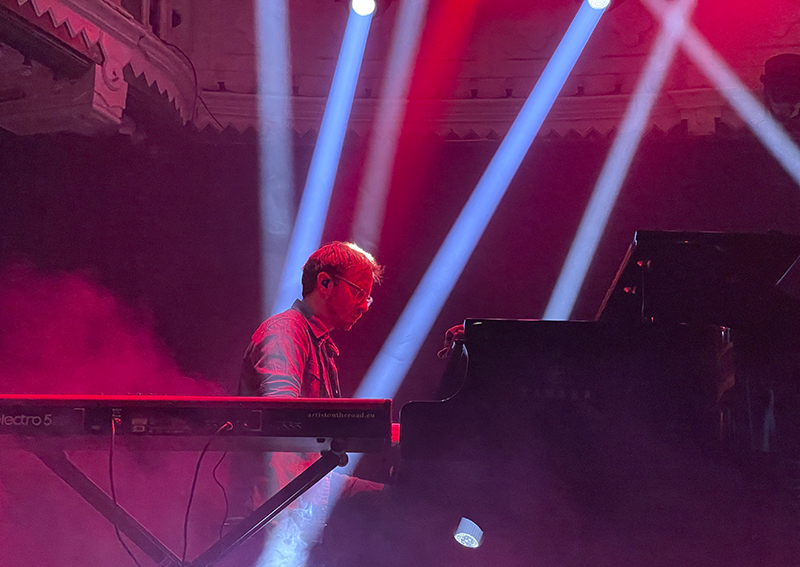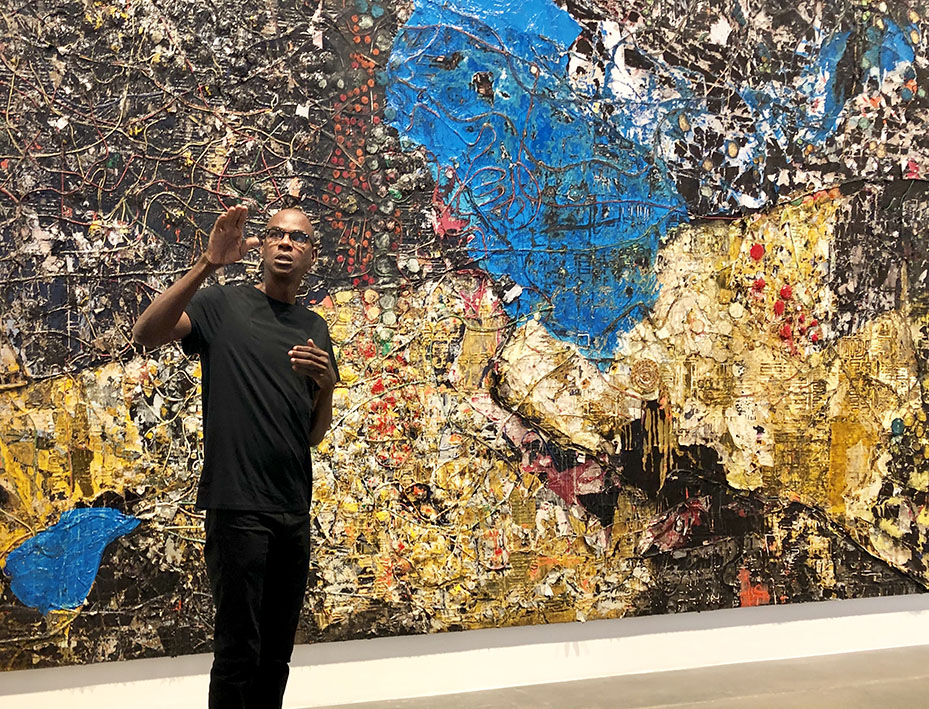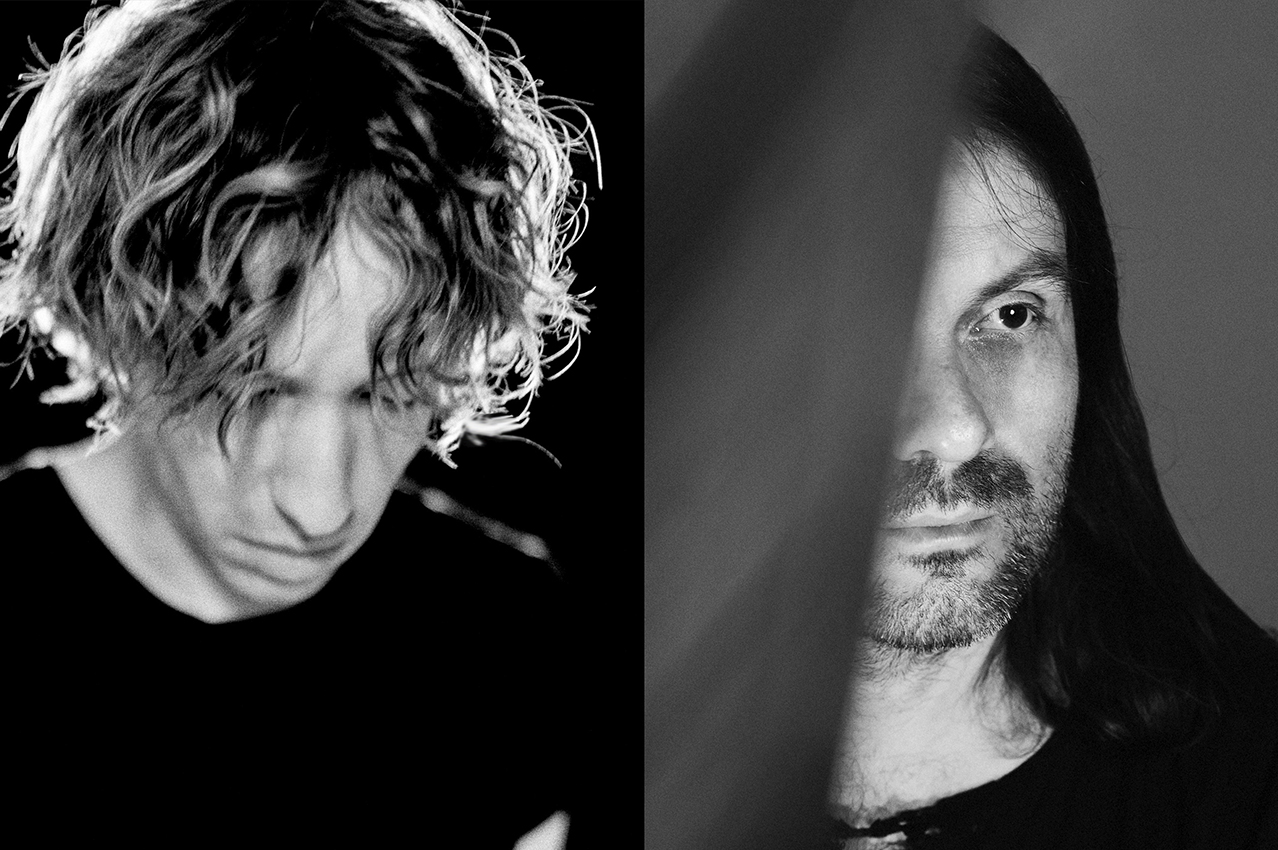
Film Paolo Sorrentino Interview
“My hope is that with ‘Youth’, I have explored what is to come; my future as an old man,” says Paolo Sorrentino, the director who explores aspects of his life in his films.
MICHAEL CAINE
My agent told me that we received a script from Paolo Sorrentino. I said, “Has he heard of me?” I didn’t think that he’d heard of me. I had seen all of his films, but I didn’t think he would have seen any films of mine. I asked, “What sort of part is it?” The old man in a film is usually two weeks’ worth of work and I love that because I’m basically lazy.
AGENT
“It’s the lead”.
MICHAEL CAINE
“The lead? What is it called?”
AGENT
“Youth”.
MICHAEL CAINE
Then I thought “Bloody hell, I have got to read this”.
This is how Michael Caine recounted, at a public Q&A session, the story of how he was approached for Sorrentino’s latest film ‘Youth’. Caine displayed his English self-deprecating sense of humour, similar to the character he portrays in the film.
Sorrentino writes parts specifically for actors. For his previous film, ‘This Must Be The Place’, he wrote the part of Jane, the wife of the main character, for Frances McDormand. This can be risky as an actor can turn down the role. The Italian accepts this and if McDormand was not interested in the role, he wouldn’t have cast another actress to play her part. He would have changed the script and made the main character a widower or a bachelor. Fortunately, Caine didn’t turn down the lead in ‘Youth’. If he had there would have been no film.
Sorrentino’s films usually feature middle-aged, affluent people who move in the higher echelons of society. There are moments when they celebrate life and indulge in a hedonistic lifestyle filled with excess, extravagant parties and sometimes drugs. Most of the time, though, they lament getting older and the regrets that they have about their lives. They seem bored with life and some of them draw the conclusion that their life is in tatters.
 In ‘Youth’, two lifelong friends, Fred Ballinger (Michael Caine), a retired composer and conductor, and Mick Boyle (Harvey Keitel), an active film director working on a screenplay, are staying at a luxury spa-resort at the foot of the Alps. They spend time together, recollecting the experiences of their youth. They discuss the physical inconveniences of getting older and like Muppet Show characters Statler and Waldorf, they observe and criticise other guests in the hotel.
In ‘Youth’, two lifelong friends, Fred Ballinger (Michael Caine), a retired composer and conductor, and Mick Boyle (Harvey Keitel), an active film director working on a screenplay, are staying at a luxury spa-resort at the foot of the Alps. They spend time together, recollecting the experiences of their youth. They discuss the physical inconveniences of getting older and like Muppet Show characters Statler and Waldorf, they observe and criticise other guests in the hotel.
True to life
Sorrentino’s films are usually related to experiences from his own life. When he was promoting his film, ‘One Man Up’, at various festivals around the world, he spent much of his time in hotels. He observed many businessmen at these hotels. They seemed rather mysterious to him and he started to wonder about their lives and their background stories. Out of this came, ‘The Consequences of Love’, a film about a lout businessman who has a secret; he launders money. When he falls in love with a waitress in the hotel everything unravels.
‘Youth’ is set around a luxury hotel in Switzerland. It is based on a true story and the director’s personal experience. The first episode was when the Italian conductor, Riccardo Muti, was approached by the Queen of Great Britain to conduct a concert in her presence and she questioned his musical programme. Muti declined the invitation. The second episode entailed Sorrentino being invited to a dinner party. He witnessed a row between an iconic Italian director, and a 90-year-old man about a girlfriend they had in common 75 years ago.
Fred is asked by the Queen’s emissary to conduct his most famous composition, but he tells him he can’t accept the invitation because of personal reasons. The row that Sorrentino witnessed was translated in an argument between Fred and Mick about a woman they both fell in love with. Fred would have given 20 years to sleep with her and Mick says, “She wasn’t worth a single day”. Fred is surprised by Mick’s response and asks if he slept with her. Mick is able to elude the question by swearing that he can’t remember if he slept with her. Fred accepts his explanation as he notices that when he gets older, he can’t remember certain things from his past anymore either.
Larger than life
Usually, films in the drama genre don’t offer much in the line of eye candy. The visual language of Sorrentino’s films, though is very imaginative, extravagant and indulgent, are fused with elements from theatre and opera. ‘Youth’ features a surreal dream sequence in which Piazza di San Marco in Venice is filled to the brim with high water. The square is deserted and Fred is shuffling on a catwalk. In the distance, like a fata morgana, Miss Universe is walking towards him. In another scene, a hillside field is filled with actresses in various costumes reciting their lines for Mick. Another returning element includes short performance scenes such as a fakir lying on a bed of nails in ‘Youth’. ‘The Great Beauty’, the film that won the Oscar for Best Foreign Film in 2014, features more outlandish performances such as a naked woman head-butting a wall and a child throwing paint hysterically against a large canvas using her hands as brushes. Sorrentino offers an explanation as to why the drama genre is not visually adventurous. “There seems to be a perception of thinking that when you are talking about something real you have to either tone it down or make it look a bit grey. I always think that you can have great truth in great beauty – the two things go naturally together”.
Observers of reality
Besides Michael Caine who gives one of his most emotional performances of his career, the film features memorable performances by Rachel Weisz, Paul Dano and Madalina Diana Ghenea who plays Miss Universe. When she is ridiculed by an actor Jimmy Tree (Paul Dano) in public she answers:
MISS UNIVERSE
“I appreciate irony, but when it is drenched in poison, it is drained of its force and reveals something else”.
JIMMY TREE
“What does it reveal? Tell me”.
MISS UNIVERSE
“Frustration. Yours, in this case, not mine”.
When I ask Sorrentino if he found it daunting to criticise actors with such respectable careers on their performances, he answers that he had no reticence about it. “These actors are professionals and I feel they don’t like it when the director always complies with what they do, saying that everything is fine. We work on a basis of honesty and truth. I have no problem in criticising certain aspects of their performance if I’m not happy with it. When you critique a high level actor they understand exactly what the role of that criticism is – it’s part of the process”.
For his Italian films, Sorrentino worked with Toni Servillo, four times, who gave an impressive and charismatic performance as Jep Gambardella in ‘The Great Beauty’. For his first English film, ‘This Must Be The Place’, Sorrentino worked with Sean Penn and Frances McDormand. Having now worked with Caine and Keitel, does he see any similarities in how these great actors work? “Yes, great actors, very much like great directors, do the same job. They are great observers of reality. They are capable of observing and catching moments of events going on around them that ordinary people would not have observed. They observe through their bodies, through their physicality and through their gaze, whilst I do it in my writing and the shooting of the film. It feels like we’re doing the same job by observing reality. We are co-writers of the same film”.
 Intervene
Intervene
When I asked Michael Caine at the public Q&A session on Sorrentino’s style of directing, he answered, “He gives you complete freedom until you screw up – like all great directors do”. Caine’s answer amuses Sorrentino: “It is indeed my style of directing. Very rarely do I say anything to an actor after the first or second take. When something goes really wrong I will intervene”.
How does he intervene? “Verbally and gently. The great rule that [the late-director] Sidney Lumet gave was, ‘You must never tell actors more than five things, because they are never going to memorize them’. If I have several comments to make on an actor’s performance I will start with two. Perhaps after the following take I will add another comment – I’ll do it in stages”.
The film also features a real life character who could have used some direction in his life; the retired football player Diego Maradona. The Argentinian is a living legend in Napoli. He led the South Italian club to their first Serie A championship in 1986/87 and he is an idol of Sorrentino’s youth. “Maradona is a tragic but real life figure and he allowed me to put something in the film that is really rare – something poetic,” he remarks.
There is an unbelievable scene where an obese Maradona demonstrates that he hasn’t lost his incredible ball control. He is doing kick-ups with a tennis ball. Barefoot, he kicks the ball sixty feet in the air. Although he is physically struggling and running out of breath, the ball doesn’t hit the court.
 Future as an old man
Future as an old man
Most of Sorrentino’s characters have critically acclaimed careers. Their environment remind them and encourages them to revisit their past, but they are not interested. They are also intellectuals and have a philosophical side. For instance, when a bank manager asks the money launderer in ‘The Consequences of Love’ why he wants the money to be counted by hand and not by the machine, he answers “we must never lose faith in our fellow man. The day that happens will be a bad day”.
I ask if Oscar Wilde’s quote ‘Youth is the only thing worth having’ was on Sorrentino’s mind when he wrote the script and whether the film is a longing to being young? “Absolutely. My idea of youth coincides with an idea of freedom. Even in old age, you can attain freedom beyond the limits of the body. Even if this is an illusion, we don’t care about it. There is still an idea of freedom that is subjectively felt and true’.
He continues, “For almost the entire film, Michael Caine’s character maintains that everything is gone. He doesn’t want to conduct his compositions or write his memoirs; he thinks that everything that has happened is now in the past. Sometimes fate intervenes. Harvey Keitel’s character suicide is the turning point where he realises that maybe he can change something. He didn’t want to do the concert as he had the impression that it was something that he had already done before. When he actually conducts the concert, he is emotionally moved by it, something that had not occurred to him. He realises that he can have a future and do things that he has never done before”.
Keitel’s character commits suicide after his favourite actress Brenda Morel (Jane Fonda) decides not to play the lead in his upcoming film and tells him that his career is over. Does Sorrentino have a similar fear that his career as a director will fizzle out. “I believe that it is a common fear for film directors. By and large, film directors do their best work when they are young or in their mature years, but not when they are old.” He adds, “I hope in ‘Youth’ I have explored what is to come; my future as an old man. I always wanted to know if my future as an old man was going to be nearer to Harvey Keitel’s or Michael Caine’s character. I’m going to do my best to have a future as Michael Caine’s character. [laughs]
‘Youth’ is released in UK cinemas January 29.
Interview written and conducted by Thierry Somers
Images: Nicola Dove, Gianni Florito (except Michael Caine, red carpet picture)

